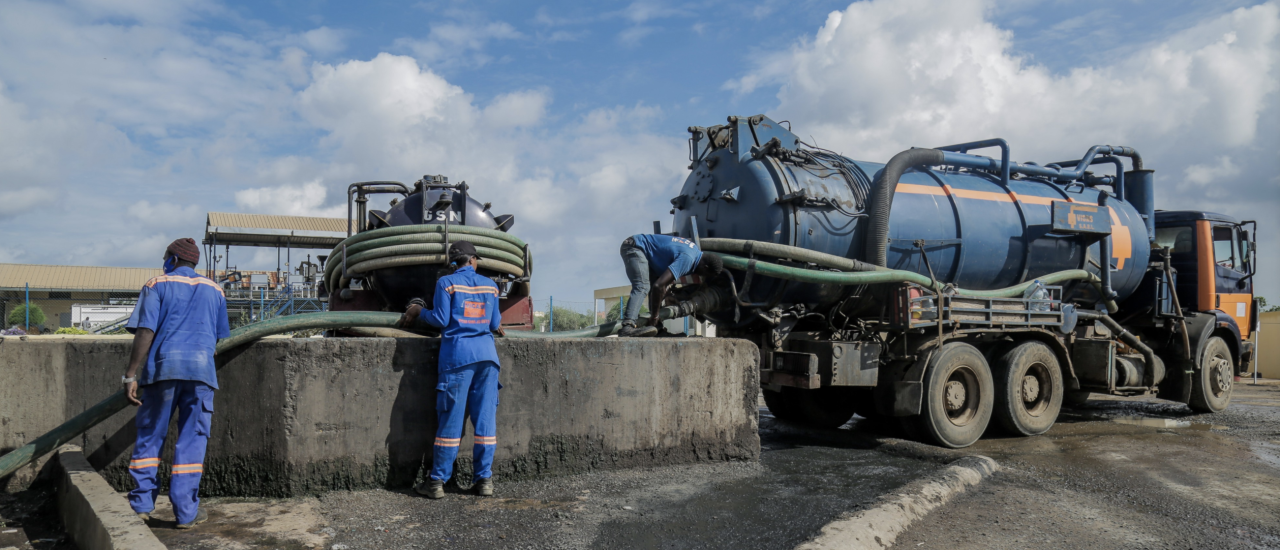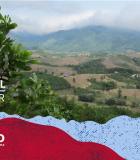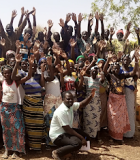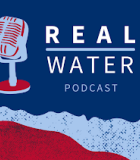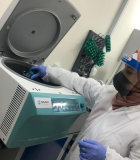Ibra Sow is the president of VICAS, a successful sanitation service provider (SSP) in Senegal. Ibra began his career in sanitation working as an apprentice driver in his father’s family-owned sanitation business. He went on to create VICAS in 2000, with the aim of providing specialized services for onsite and offsite sanitation, road maintenance, and industrial cleaning in Dakar, the country’s capital. Today, VICAS hasan annual revenue of approximately $4.5 million, a fleet of 22 trucks and other essential equipment, 29 full-time staff, and 300 seasonal workers, and is one of Senegal’s four largest SSPs.
Businesses like VICAS need capital to grow. While traditional sources of financing such as government contracts, user fees, and international grants have supported SSPs in Senegal, a financing gap exists between the current government budget and the total investment needed in the sector. SSPs need access to capital for equipment and sustainable, climate-resilient infrastructure. According to a USAID Water, Sanitation, and Hygiene Finance (WASH-FIN) survey of 100 SSPs, many providers lack financial expertise and are not well-positioned to grow. Consequently, SSPs have found it challenging to access additional commercial finance to support capital improvements. USAID WASH-FIN meetings with financial institutions showed that local financiers have a limited understanding of investment opportunities in the urban sanitation subsector, and view sanitation projects as risky endeavors from a business perspective. A USAID assessment of the financial landscape further showed that only a small portion of financial institutions had pursued WASH investments in the past.
Read the full article on Global Waters Stories on Medium.


